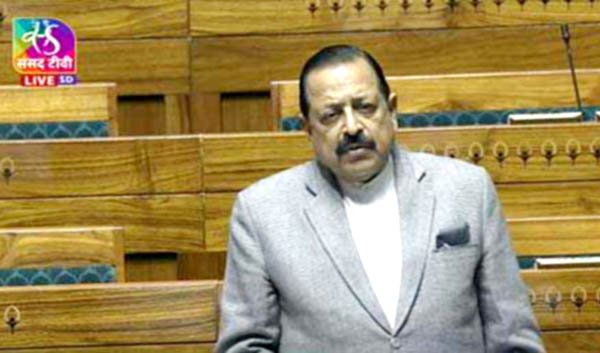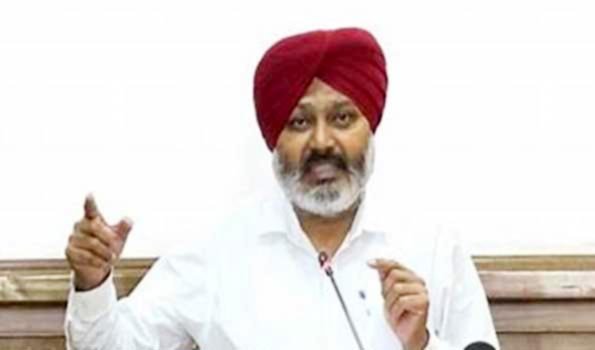New Delhi, Feb 6 (UNI) Lok Sabha on Tuesday passed the Public Examinations (Prevention of Unfair Means) Bill, 2024, to curb leaks and organised cheating in public exams and entrance tests.
The lower house of parliament passed the bill after rejecting some amendments proposed by opposition members.
The bill, presented by Union Minister Jitendra Singh, said the proposed law is meant to safeguard the interests of meritorious students and candidates.
“There is no specific substantive law to deal with unfair means adopted or offences committed by various entities involved in the conduct of public examinations,” he added.
The Minister said the objective is to bring greater transparency, fairness, and credibility to the public examination systems and reassure the youth that their sincere and genuine efforts will be fairly rewarded and their futures are safe.
The bill in the Lok Sabha titled “The Public Examinations (Prevention of Unfair Means) Bill, 2024” was introduced on Monday to curb malpractices as well as organised malpractices in recruitment examinations like UPSC, SSC, etc., and entrance tests such as NEET, JEE, and CUET.
The bill proposes a punishment of a minimum of three to five years of imprisonment to curb cheating, and those involved in organised crimes of cheating will face five to 10 years of imprisonment and a minimum fine of Rs 1 crore.
It will act against organised gangs, mafia elements, and those indulging in malpractices, and it will not even spare government officials found in collusion with them.
The bill is also aimed at preventing organised gangs and institutions that are involved in unfair means for monetary gains, but it protects candidates from its provisions.
Exam paper leaks have become a nationwide problem. Some states, like Gujarat, have passed laws to deal with the menace.
The teacher recruitment exam in Rajasthan, the Common Eligibility Test (CET) for Group-D posts in Haryana, and the recruitment exam for junior clerks in Gujarat were among others cancelled in 2023 following question paper leaks.











